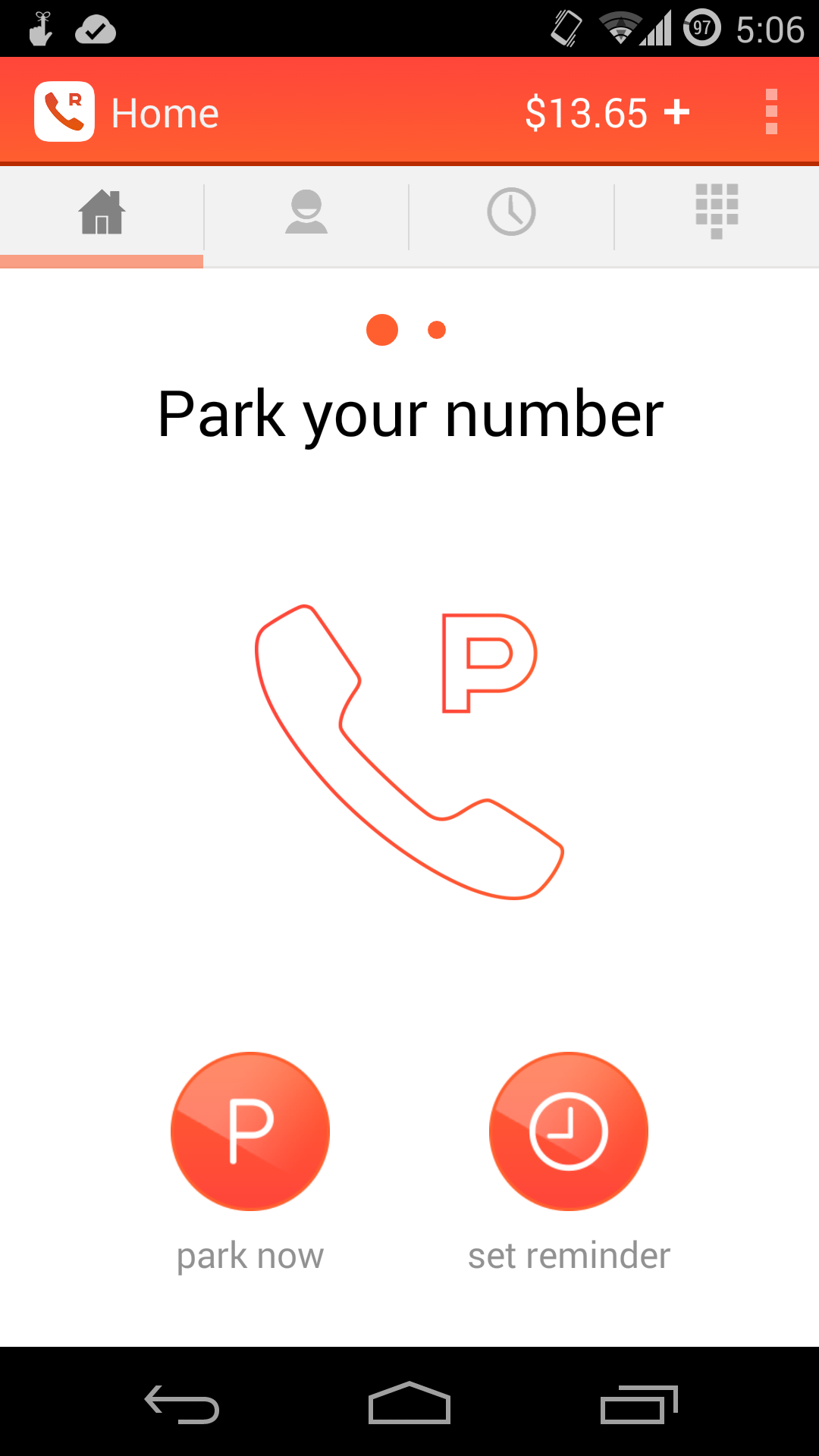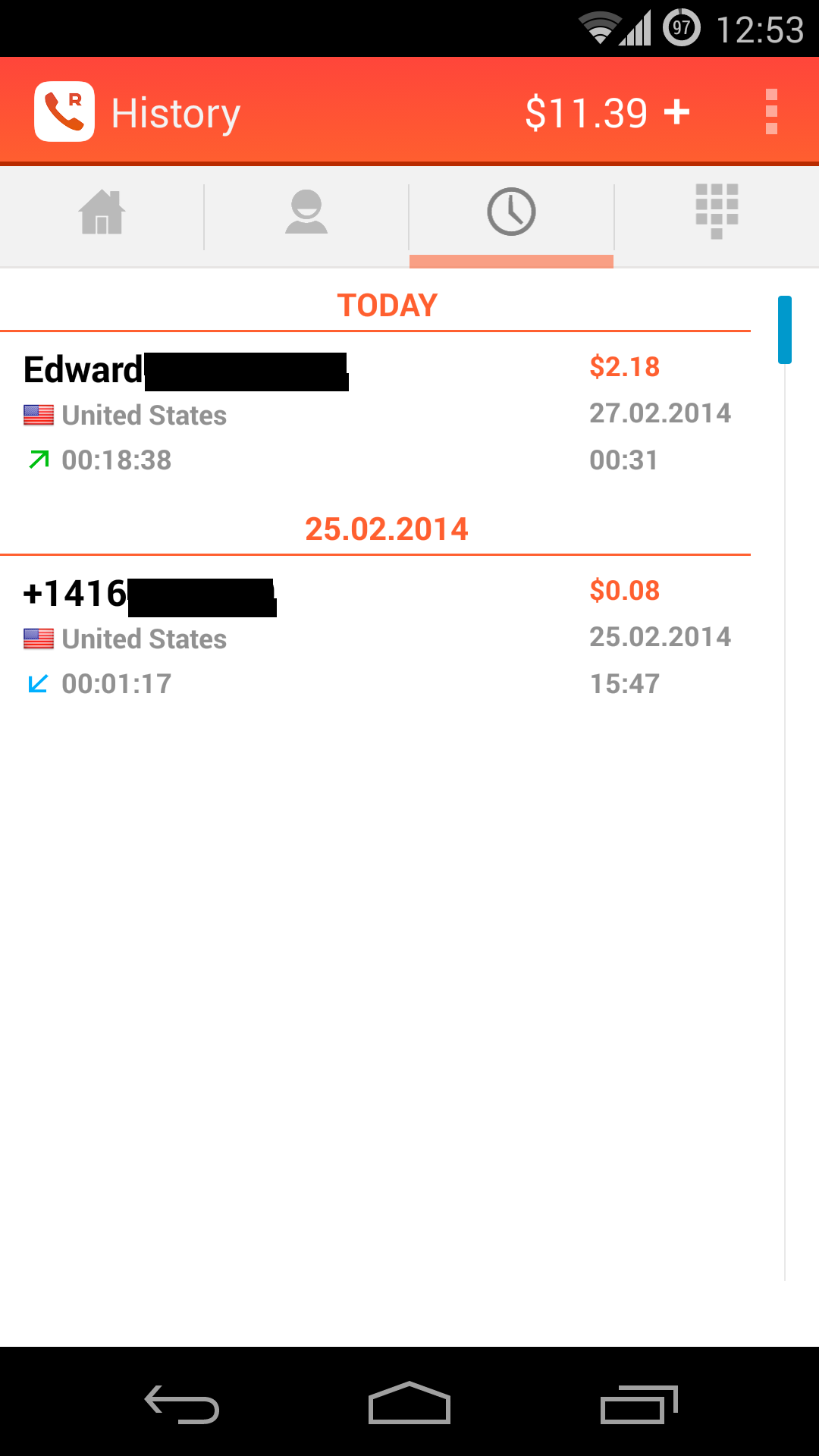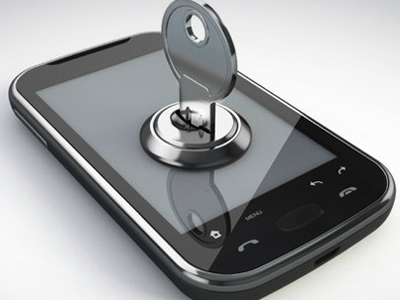Roamer: Use Your Phone Abroad Without Crazy Roaming Bills
How to avoid roaming charges and bill shock when going away for business or pleasure.
Traveling abroad to see new places is often a wonderful experience, but anyone with a smartphone will tell you that dealing with data roaming is a nightmare. The choices typically are to rely on Wi-Fi hotspots, all the while feeling like a second class citizen as locals get to use their phones how they please, or turn on data roaming and prepare for bill shock upon the return to reality. There are several solutions for those who want to keep using their phones abroad as they do at home, but the most clever we've found is from Roamer.
Essentially, Roamer turns your phone calling and data use experience from local to global. Even when traveling to another country thousands of miles away, Roamer is able to route your phone calls to your phone at just cents rather than dollars per minute. To understand how this works, we must talk about the two separate components that make up the complete Roamer experience: the SIM card and the app.
Roaming Data
In order to maintain the data connection, travelers will need to use a foreign SIM card with a prepaid mobile plan on it. These vary by country, but here in Barcelona at MWC, we were setup with a €13.90 (around $19) plan that offers 100 outgoing minutes, 100 text messages, and 500 MB of data. The data portion of this plan serves as the lifeblood to keep our mobile lives on track with access to our emails and instant messages. Depending on the length of your time away from your home network, 500 MB isn't enough to stream Netflix or watch many YouTube videos, but it's not held us back from our usual usage habits. Those who crave more data can either "top up" after running out, or purchase a bigger bucket to begin with.
Roaming Phone Calls
The Roamer app serves as the foundation of the voice component of the service and is currently available for both Android and iOS. The app is used for users to park their numbers before they leave their home zones and to then link the number to the foreign roaming SIM. The process is supposed to be transparent to the user, and in our experience it worked flawlessly.
In the app, when a user requests to park his or her number, it automatically sets up a call forwarding request that sends all calls to another local number. In order for this to work, the user must have call forwarding included in the home plan. Upon arriving at the destination and after installing the foreign SIM, users then start up the app again and then enter the phone number assigned to that foreign SIM. The Roamer app will then link the two numbers. Then, when someone calls your phone number, it gets forwarded through a variety of international systems to send that call to your roaming SIM. Since the first hop at for your home number is to a local one, there are no further charges from your home carrier. Instead, Roamer takes care of that international call on its own end and charges a fraction of what you'd normally pay if you were to use your home plan.
Making an outgoing call internationally is done through the dialer integrated into the app, which routes the call in a similar way to receiving a call. In fact, the outbound call made by the Roamer app actually becomes an incoming call, which in most worldwide markets are free. Initiating the outgoing call requires a very small amount of data to instruct Roamer to make the connection – which is through the voice network, not over IP – and then your recipient sees your home number on his or her call display. I made a test call back home to a friend who reported that the experience was no different from if I had called him from within the same country.
What About Text Messages?
Unfortunately, due to how SMS works on GSM networks, it's not possible for text messages to be forwarded directly from your home number to your foreign SIM. We asked Roamer about this challenge, and it didn't seem overly concerned given the proliferation of data-based messaging services such as WhatsApp, Line, Facebook Messenger, BBM, iMessage and the like. Roamer suggests that users who don't want to miss any text messages can put their home SIM back in the phone to check for any important messages. People who have dual-SIM phones, or who have more than one phone to tote around will probably have the easiest time doing this.
Get Tom's Hardware's best news and in-depth reviews, straight to your inbox.
What Sets Roamer Apart
Smartphone enthusiasts have long used the "lifehack" of getting a foreign SIM for data service, but it means taking your regular phone number offline. Roamer is essentially an "upgrade" for anyone using a foreign SIM to avoid insane roaming costs. Roamer brings back access to your phone number regardless of whatever number may be assigned to you on your travels. For the consumer, the savings potential here are huge, and there's a pretty good case for people who travel for business but don't have the luxury of expensing big roaming bills.
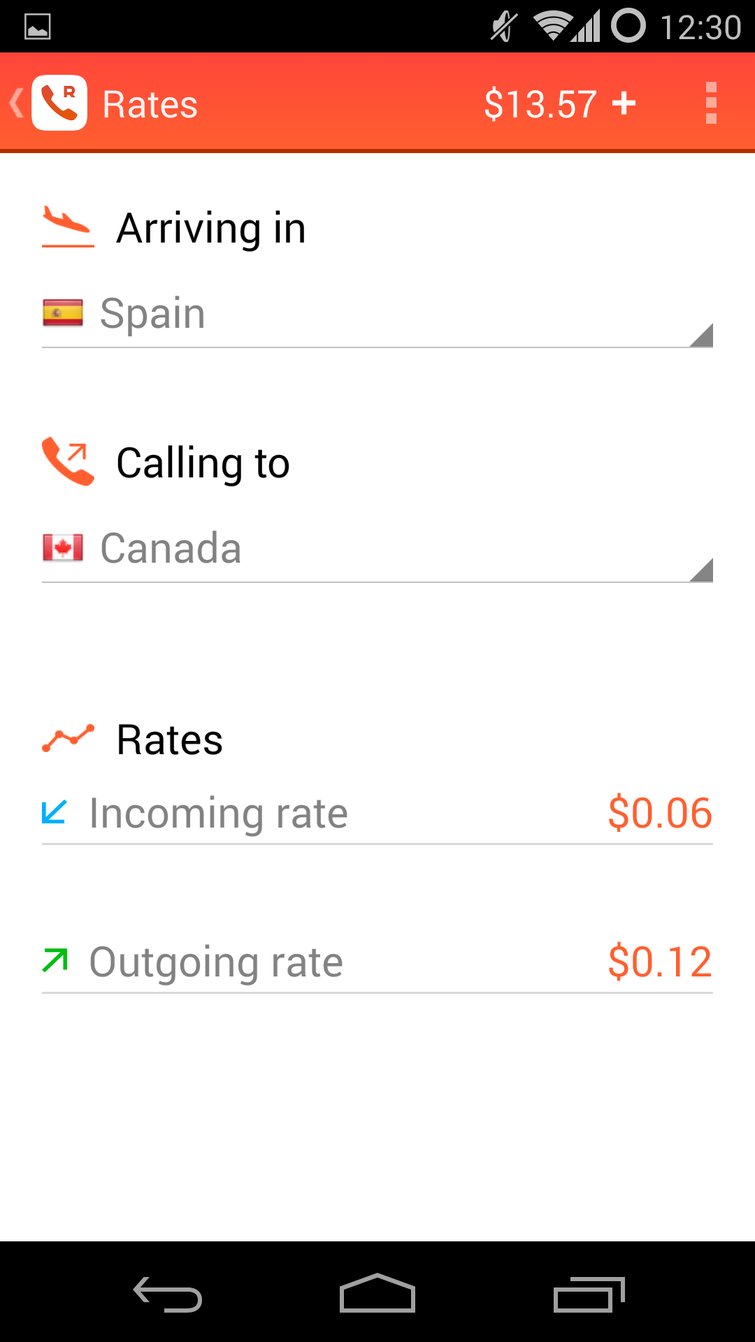
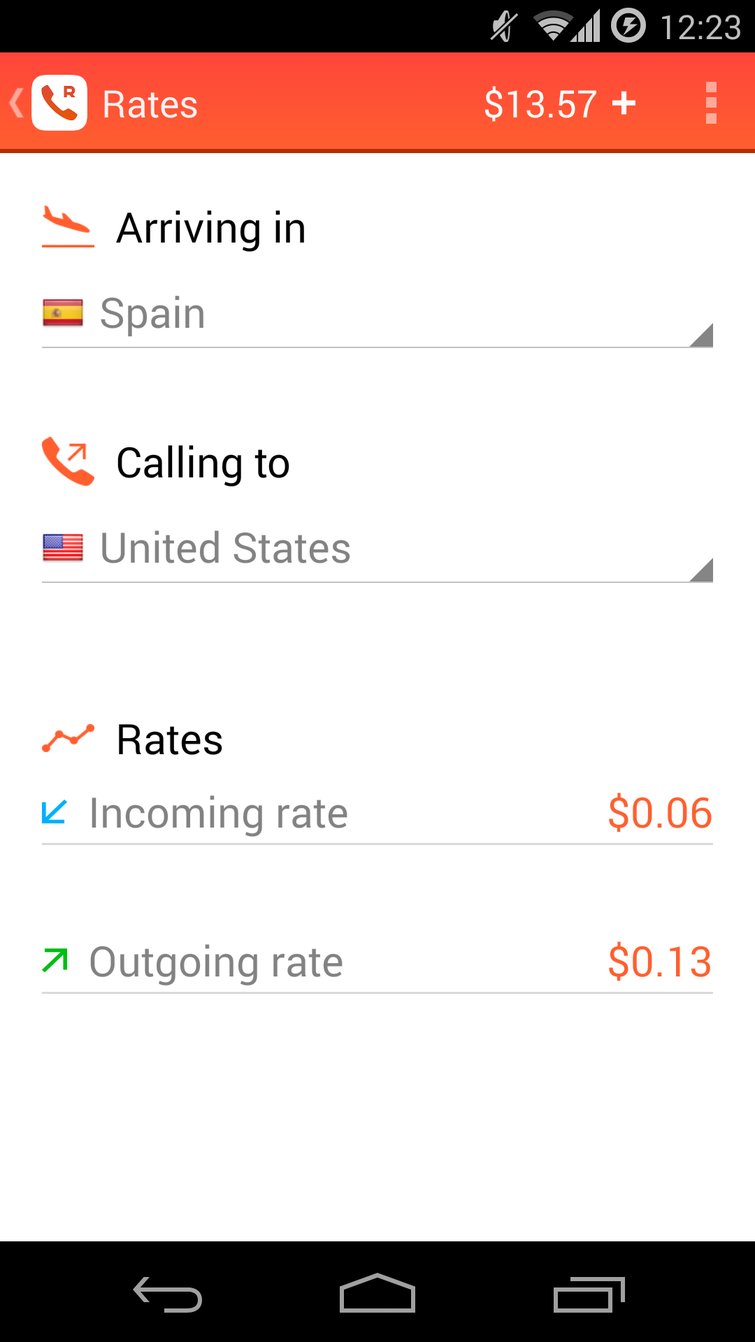
Another possible use case scenario is for people who are emigrating or going away for extended periods of time, such as for studies. People get attached to their phone number, but they don't need to give it up as long as they keep it active and linked via Roamer. This also means that users' friends and family back at home have a local number to call for keeping in touch. It's not free like using Skype, but there's the benefit of convenience in that it's literally just a phone call away.
Challenges for Roamer
Right now there is significant user interaction needed to get a perfect roaming setup. Those who are already well acquainted with acquiring a SIM while traveling will find that using Roamer is an easy matter of using the app – it's dead simple. The ease of getting a SIM while abroad varies considerably. Some destinations will offer SIMs out of a vending machine at the airport, while others will require a physical visit to a phone shop.
Roamer recognizes this challenge and has set up a forum where users are guided on where to buy SIMs both by Roamer and other community members. The information collected in this forum are easily among the best on the Internet, but that doesn't solve the fact that not everyone will either want to go through this on their travels (especially if there is a language barrier involved) or they simply don't know how to.
The solution to this is to provide customers with a foreign SIM before they depart for their trip. As a big first step, Roamer is providing a USA-based SIM for those traveling to the United States. Roamer is currently working on a system where it can provide foreign SIMs for other countries, but each new destination is a whole new project for Roamer, so the most popular destinations will be top priority.
As its first effort, Roamer is selling and shipping directly to consumers a SIM for roaming in the U.S. Currently two plans are available: one with 1GB data and the other with 2GB, with both having unlimited USA calls and international texting. Canadian customers can click here for their SIM, and those from the UK can find theirs here. Mind you, both options will lead you to the same SIM for U.S. roaming, so the only difference is the currency conversion. Almost anyone worldwide can use this U.S. SIM for roaming.
Perhaps the biggest hurdle of all is hardware. North American consumers are accustomed to buying new handsets through carrier-subsidized offers, and nearly all hardware sold this way is locked to that specific network. Anyone who wishes to use a foreign SIM needs to have an unlocked phone. Perhaps making things even more complicated are different bands in different regions, but Roamer told us that even a 2G data connection is good enough to initiate a call; 3G and LTE are luxuries purely for data. Things are changing now with the popularity of unlocked devices sold directly through the Google Play store, but unlocking devices is a challenge in Roamer's quest for the mass market.
Roamer occupies a very unique space right now, but there is competition. The biggest threats to Roamer are wireless carriers with roaming costs low enough that consumers don't feel the need to avoid paying a little extra. T-Mobile's free global roaming breaks new ground, though isn't offered on all plans. Wind Mobile Canada now has a $15 add-on for unlimited U.S. calls, texts and data, but the carrier's customer base is tiny compared to the bigger national carriers.
Our Experience with Roamer
For Mobile World Congress 2014, we had already mapped out a plan to acquire a Spanish SIM as soon as we arrived at Barcelona airport. We decided to add Roamer into the mix, and we've found real value in what the service offers. While at MWC, I received a call from back home about an upcoming doctor's visit. Without Roamer, I would have missed this call entirely and wouldn't even get a notification about it.
Calls from home base were routed through the voice network, which is more reliable and battery efficient than running voice over IP. Besides, those bits are best saved for mapping and looking up the best places to eat.
Check out Roamerapp.com for more.
Follow Marcus Yam @MarcusYam. Follow us @tomshardware, on Facebook and on Google+.
-
amk-aka-Phantom Interesting. I'm all for getting rid of BS roaming charges, been ripped off by my provider before I got a local SIM... joke's on them though, never paid the greedy fools. And nowadays I don't even feel to have a need for cellular calls. All my communication is done through the Internet. I flat out tell people to stop calling my phone when they complain they can't reach me (coverage is bad in my area) and use Skype or Gmail chat (or Razer Comms, or FB message, or whatever). I feel that traditional cell phone calls are dying and the only reason it's still offered in the West is so that the familiar providers can keep ripping people off for a greatly overpriced service - both cell and data - without being called out on their BS. Don't forget that in many countries $1 means 60 minutes of phone call (here in India, for instance), an SMS costs a few US cents and a good 3G data plan costs about $25/month (10 GB traffic at 6 Mbps or so). Your providers are ripping you off horribly for no good reason. From what I see, pretty much everyone hates Verizon, AT&T and others - please stop buying contracted phones from them if you can and buy unlocked (read: normal) versions directly from manufacturers if you can. Stop living in debt, because that's what a phone contract essentially is - another form of credit. You are buying something you cannot afford if you can't pay for it right away.ReplyThings are changing now with the popularity of unlocked devices sold directly through the Google Play store, but unlocking devices is a challenge in Roamer's quest for the mass market.
Not a challenge at all in normal countries, the world is only now starting to adopt BS US contract-locked phones but most people view it as idiocy it is and refuse to be ripped off.Roamer told us that even a 2G data connection is good enough to initiate a call; 3G and LTE are luxuries purely for data
Please please please tell me people actually know this and you're just pointing out the obvious? I've never used anything but GSM on my phones my entire life and the calls are just fine. (Or they were fine until the scumbag Indian government forced all providers to decrease transmission power by a factor of 10. Can't get coverage in buildings now at all. Damn ecohippies.) -
Marcus Yam ReplyPlease please please tell me people actually know this and you're just pointing out the obvious? I've never used anything but GSM on my phones my entire life and the calls are just fine.
To initiate an outgoing call, you need a data connection to tell Roamer to connect your call by also calling IN to your foreign SIM so you're not charged for long distance outgoing minutes. -
getochkn The biggest thing for US people is unlocking the phone. It was completly illegial till they just changed the law that phone owners can unlock their phone, but a company can't run offer the service, yes 99.999% of unlocks are so complicated hardware wise now, that you need to have a company do it because you can't do it at home, yet there are no companies because they are illegal, so you have to do it at home, but you can't because the phone companies make it so hard to do.......You end up in a loop.Reply -
amk-aka-Phantom To initiate an outgoing call, you need a data connection to tell Roamer to connect your call by also calling IN to your foreign SIM so you're not charged for long distance outgoing minutes.Ah, my apologies, I really shouldn't comment on articles after sleep deprivation and not reading them properly.Reply -
cemetary Actually in India reliance used to do the same to provide free national roaming, but eventually got detected as fraud by other providers and service was withdrawnReply -
makaveli316 In Europe they want to get rid of the Roaming crap with a new law, at least in the EU countries. That would be great and i hope it'll come soon.Reply

